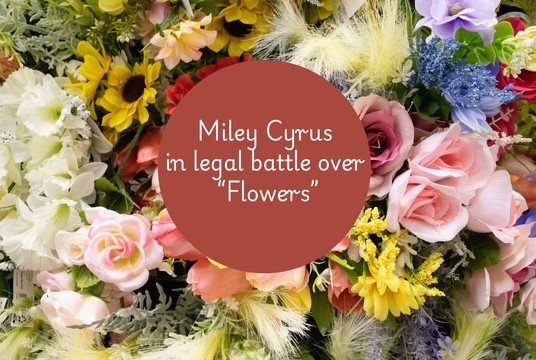French actress Adèle Haenel shouted “Bravo, la pédophilie,” which translates into “Congratulations, pedophile,” as she walked out of the 2020 Céser Awards after Roman Polanski was awarded Best Director. The entire “Portrait of a Lady on Fire” cast followed suit, as did other audience members.
When discussing sexual assault within the entertainment industry, many people urge us to separate the art from the artist. However, separating the art from the artist only hurts survivors. For many women like Haenel, herself a survivor of childhood sexual assault, we are expected to sit back and not make a fuss when we see known sexual predators having successful lives and careers. Polanksi’s sexual assault case is widely known. Yet he, like many abusers, is still praised in the public eye. Why is that?
Rewarding abusers tells survivors that, although we claim to care about them, we actually don’t. If the art their abusers make is important enough, survivors are pushed to the side and told not to make a scene.
When survivors rightfully protest these injustices, they are told that they are being too dramatic and need to keep their thoughts and feelings to themselves. A French casting director, when discussing the Céser Awards walkout, said that Haenel’s career deserved to die, and even threatened to blacklist her from the industry.
Rape accusations don’t ruin men’s lives. Rape convictions don’t ruin men’s lives if they are powerful enough. Yet those who come forward can have their lives and careers ruined. And we claim to care about sexual assault survivors.
When discussing sexual assault within the entertainment industry, many people urge us to “separate the art from the artist!” However, that’s unrealistic and ultimately only shows that we care about abusers rather than survivors. It’s also incredibly selfish.
Separating the art from the artist only hurts survivors.
When we stream a song, buy a movie ticket or support art in any way, we are saying that we support the people who made the art. Our money has power. It allows these people to make more art and confirms their importance in the industry. When we stream a song or see a movie made by an abuser, we are saying that we support them regardless of their actions. We are saying that their art is so good that we do not care that they have ruined someone’s life.
This allows abusers like Polanski to thrive in the entertainment industry. It also shows survivors like Haenel that their pain and trauma ultimately does not matter if their abusers are making art that is deemed important.
This exceeds the entertainment industry, too. Statistically, one in four women and one in 33 men will be sexually assaulted in their lifetime. When survivors see how we consume and celebrate media made by abusers, we tell them that their own experiences can be disregarded and pushed to the side if their abuser is powerful enough. If we want survivors to feel comfortable coming forward and sharing their stories, we need to start changing the way we consume media. We need to be more mindful.
We cannot claim to stand with survivors, shout “#MeToo” and fight for justice while still rewarding known abusers. Until we as a society place importance on survivors’ justice rather than the art their abusers make, sexual predators will continue to thrive.































